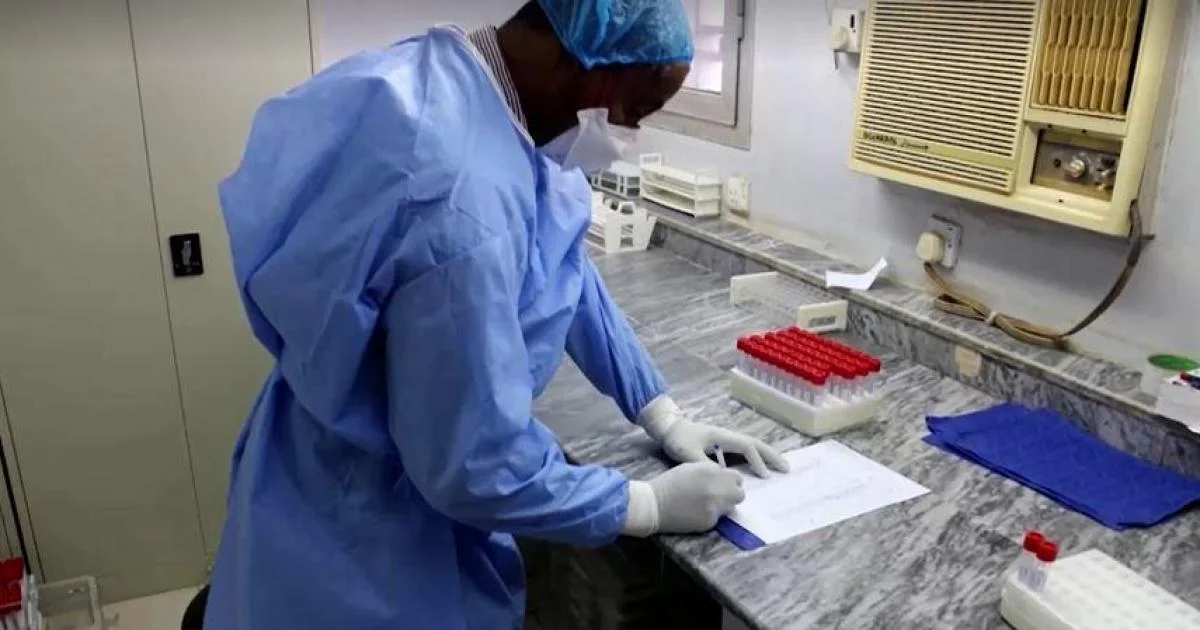The World Health Organization (WHO) has issued a warning about the dangerous situation caused by fighters who have taken over a national public laboratory in Sudan, which holds samples of deadly diseases such as measles, polio, and cholera.
According to the WHO’s representative in Sudan, Nima Saeed Abid, the fighters have “kicked out all the technicians from the lab,” and the lab is now “completely under the control of one of the fighting parties as a military base.” Abid did not say which of the fighting parties had taken over the laboratory.
Abid has also pointed out that there is a huge biological risk associated with the occupation of the central public health lab. The lab holds so-called isolates, or samples, of a range of deadly diseases, including measles, polio, and cholera.
The UN health agency has reported 14 attacks on healthcare facilities or personnel during the fighting, with eight healthcare workers dead and two injured. The Sudanese health ministry has reported 459 deaths and 4,072 wounded, but the WHO has not been able to verify those numbers.
The situation in Sudan has become dire. The UN refugee agency is bracing for up to 270,000 people to flee Sudan into neighboring Chad and South Sudan. Before the violence erupted, 15.8 million people in Sudan already needed humanitarian aid, but the fighting has led to acute shortages of food, water, medicines, and fuel.
Jens Laerke, spokesman for the UN humanitarian agency, has stated that the fighting has led to “acute shortages of food, water, medicines, and fuel, and limited communications and electricity.” He warned that “the people of Sudan, already deeply affected by humanitarian needs, are staring into the abyss.”
Five humanitarian workers have been killed, and humanitarian operations have also been heavily affected by the fighting, with reports of looting of humanitarian supplies and warehouses.
The situation in Sudan is dire, and urgent action is needed to prevent a humanitarian catastrophe. The WHO has called for the immediate release of the public health lab and for all parties involved in the conflict to prioritize the protection of healthcare facilities and personnel. The international community must also step up its efforts to provide aid and support to the people of Sudan who are suffering from the consequences of this conflict.




